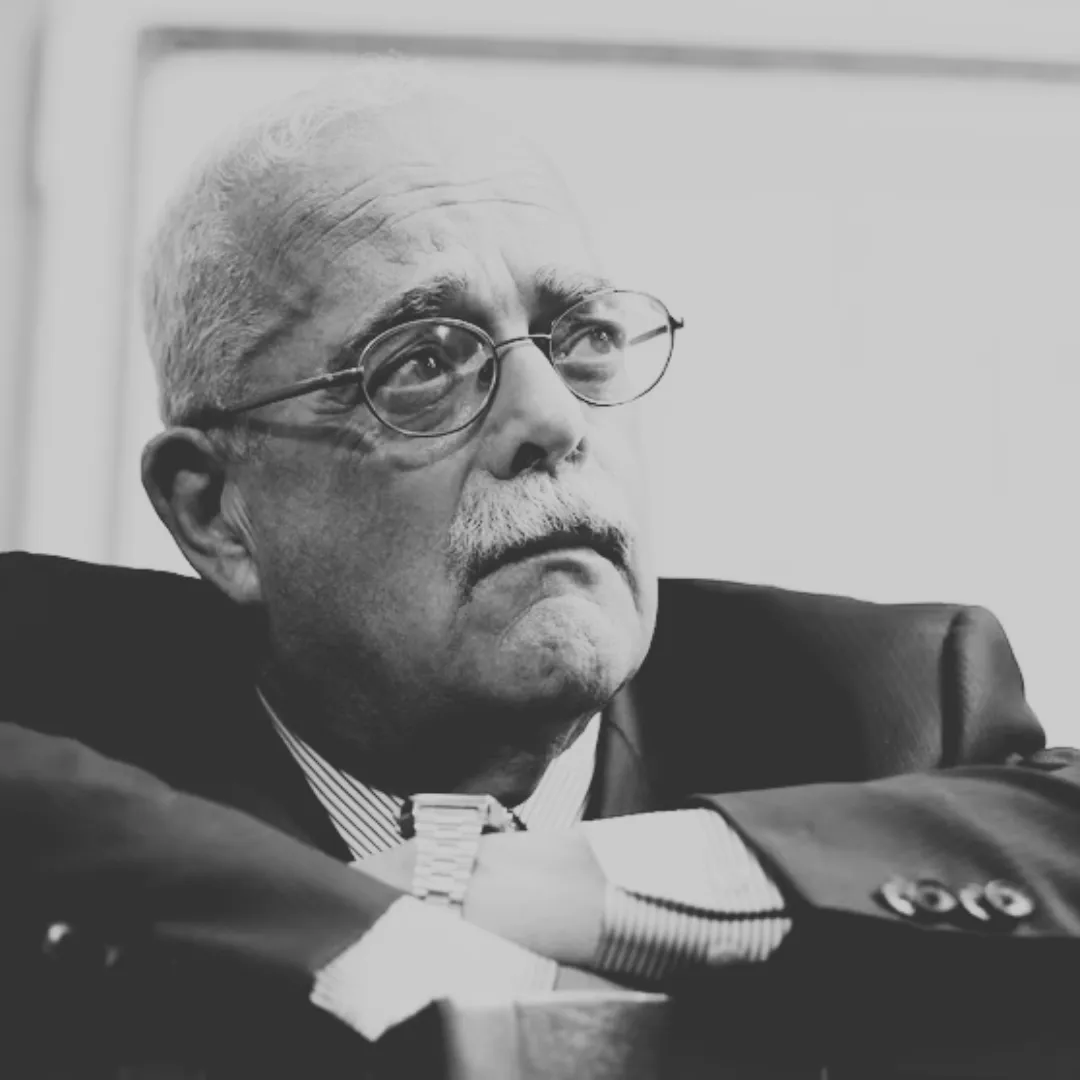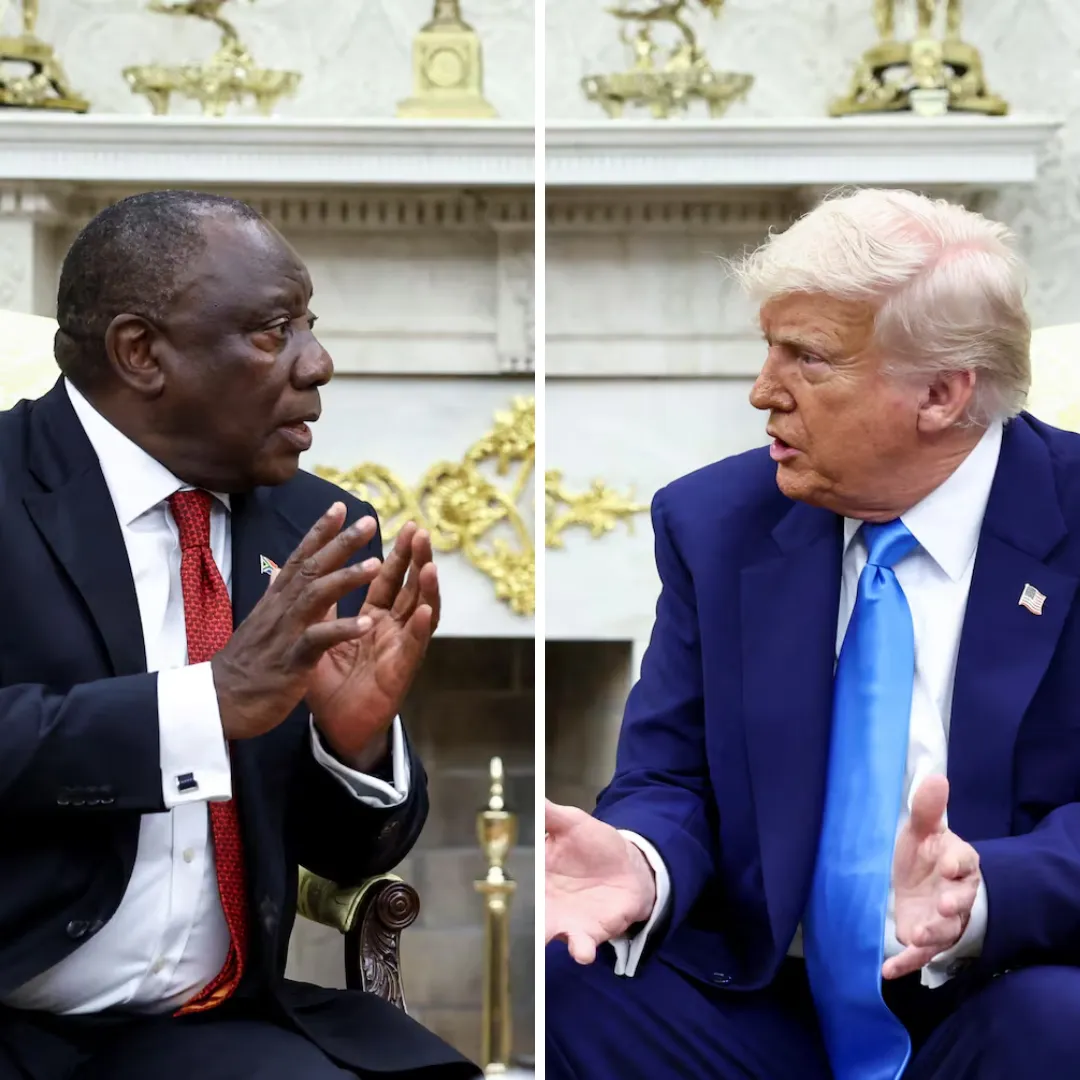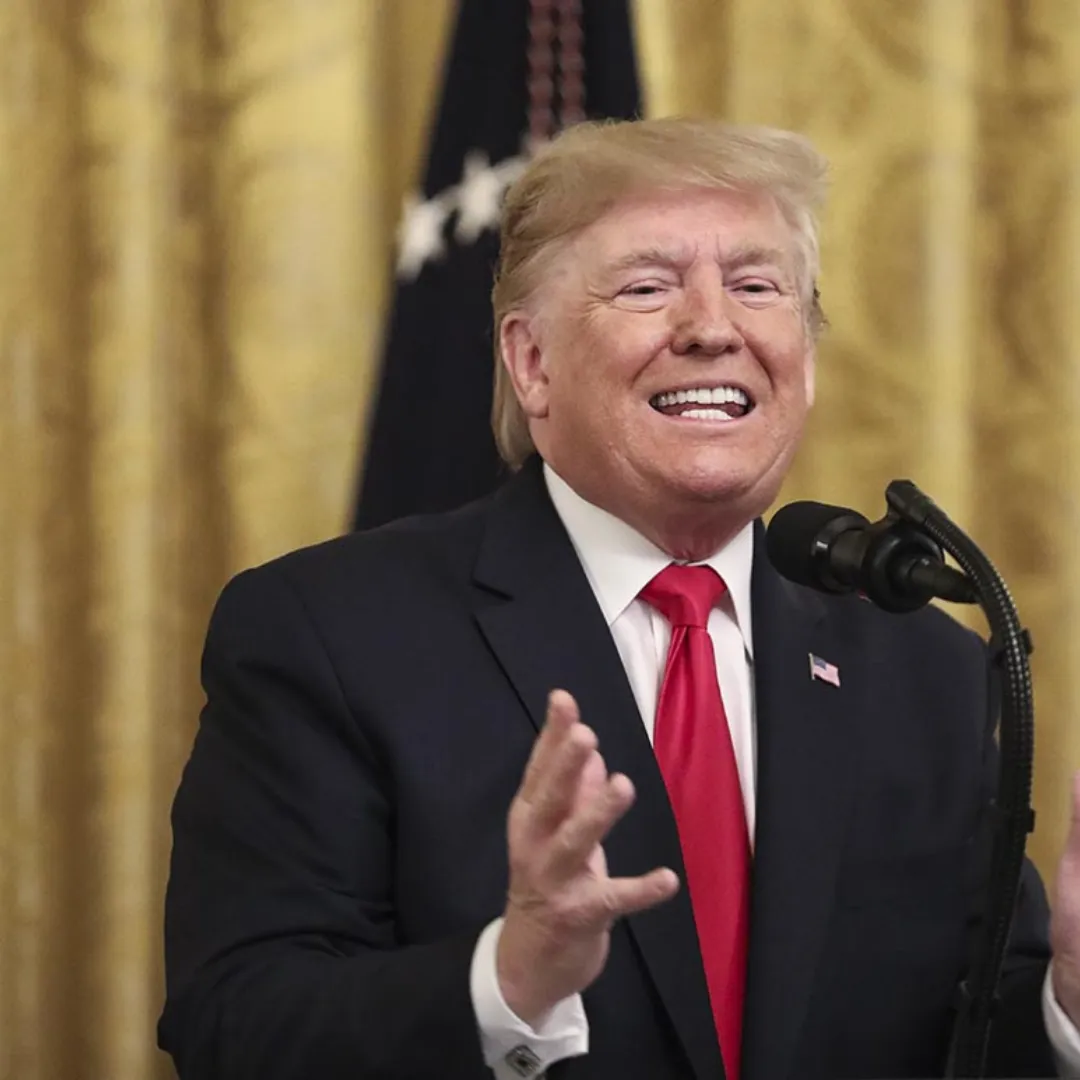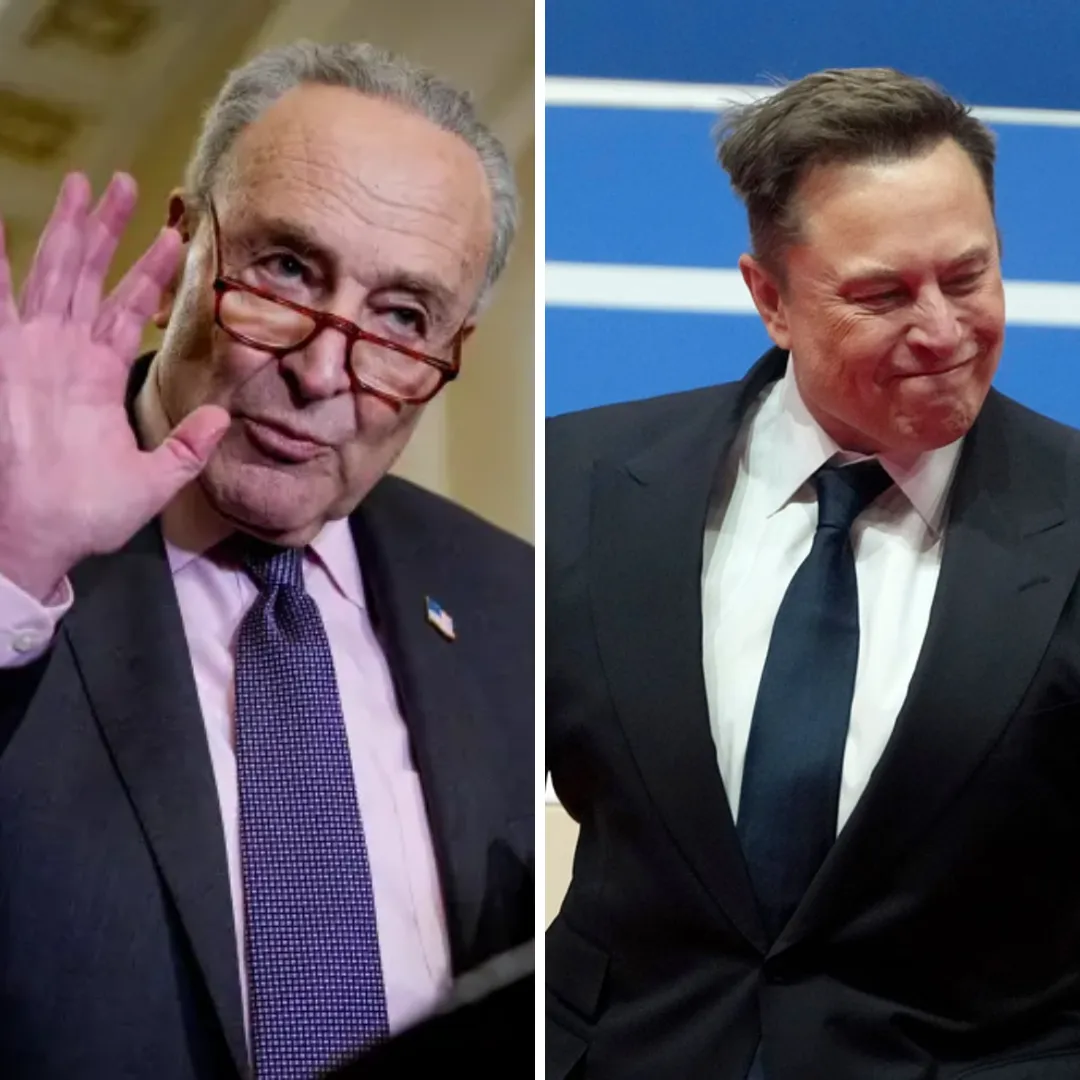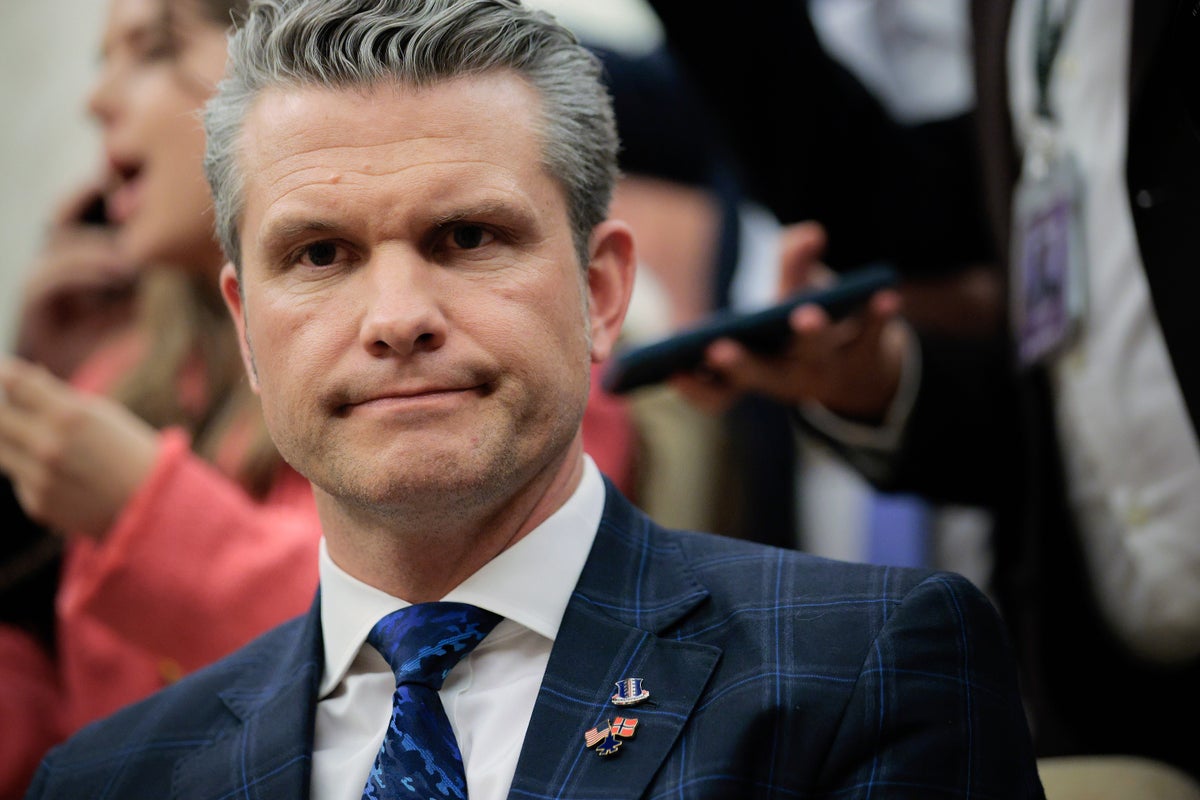
Defense Secretary Pete Hegseth is facing allegations of academic dishonesty stemming from a new investigative report published by The Daily Princetonian, the student newspaper at his alma mater.
The report, released Saturday, accuses Hegseth of plagiarizing multiple passages in his senior thesis, which he submitted to Princeton University in 2003. The thesis, titled Modern Presidential Rhetoric and the Cold War Context, was meant to serve as the capstone of his undergraduate education—a culmination of years of academic training at one of the country’s most prestigious institutions.
But a detailed review by plagiarism experts consulted by the Princetonian has cast doubt on the thesis’s originality, raising fresh concerns about the ethical record of a high-ranking member of the Trump administration.
According to the student newspaper, Hegseth’s thesis contained at least eight distinct instances of plagiarism, including uncredited material, improper paraphrasing, and outright copying from outside sources without citation. The Princetonian submitted the thesis to multiple plagiarism detection tools, which flagged 12 passages as potentially problematic.
While four of these examples were considered too minor to merit disciplinary concern on their own, the remaining eight were labeled by experts as clear violations of Princeton’s academic honesty policies. The paper notes that the patterns of behavior found in the thesis—repeated lapses in citation and the misrepresentation of others’ words as his own—fit into a broader pattern of questionable academic conduct.
One particularly notable instance involves a nearly verbatim passage from a Washington Post article published in the aftermath of the September 11 attacks. In his thesis, Hegseth wrote, “After Card’s whisper, Bush looked distracted and somber but continued to listen to the second-graders, joking that they ‘read like sixth-graders.’”
That sentence bears striking resemblance to a line in the Post article, which states: “After Card’s whisper, Bush looked distracted and somber but continued to listen to the second-graders read and soon was smiling again. He joked that they read so well, they must be sixth-graders.” Nowhere in Hegseth’s thesis is the Post article cited or acknowledged, despite the similarity in language and content.
The Princetonian consulted three separate experts on plagiarism and academic ethics to review the thesis. Among them was James M. Lang, a professor and author of Cheating Lessons: Learning from Academic Dishonesty. Lang described the findings as a “borderline case,” noting that while not every flagged passage amounted to full-blown plagiarism, there was a pattern that couldn’t be ignored.
“There’s no silver bullet here; there’s no smoking gun in terms of a deep example of plagiarism,” Lang said. However, he pointed to several instances—such as the one borrowing from a book on President John F. Kennedy—as potentially “egregious.” Lang emphasized that many of the violations involved lazy paraphrasing and improper citation, which in the context of Princeton’s standards would be taken seriously.
Jonathan Bailey, who runs the watchdog website Plagiarism Today, was also consulted. Bailey took a more measured view, stating that some of the violations were less significant. “Even the ones that were more direct still typically only involve a sentence or two at a time,” he told the Princetonian.
According to Bailey, the infractions likely would not have triggered serious disciplinary action unless they were part of a broader pattern of misconduct. Still, he acknowledged that the thesis lacked a strong grasp of proper academic attribution and that the repeated use of borrowed phrases—particularly from journalism sources—suggested a casual approach to scholarship that would raise concerns in any university setting.
Hegseth graduated from Princeton in 2003 with a degree in political science. His senior thesis explored how American presidents shaped their public messaging during periods of geopolitical conflict, including the Cold War, Vietnam, and post-9/11 America.
The paper argued that presidential rhetoric during these times was deeply influenced by the perception of global threats and used as a tool to unify public opinion. According to Princeton’s academic standards, the senior thesis is a cornerstone of undergraduate life and is expected to reflect a student’s ability to conduct original research, synthesize complex ideas, and cite sources transparently.
The new revelations come at a politically sensitive moment for Hegseth, who has spent much of his public career positioning himself as a champion of discipline, integrity, and American values. A former Army officer and Fox News contributor, he became a high-profile conservative voice before being appointed Secretary of Defense during Donald Trump’s second term.
In recent years, Hegseth has made headlines for controversial remarks about LGBTQ+ service members, his embrace of far-right cultural narratives, and his role in implementing a now-infamous AI-driven intelligence program at the Pentagon that was widely mocked as “cringe” and ineffective.
Critics argue that the plagiarism allegations further undermine his credibility and call into question his commitment to the very principles he has championed throughout his political career. His defenders, however, are likely to dismiss the findings as overblown or politically motivated, particularly given that the infractions stem from a decades-old undergraduate paper.
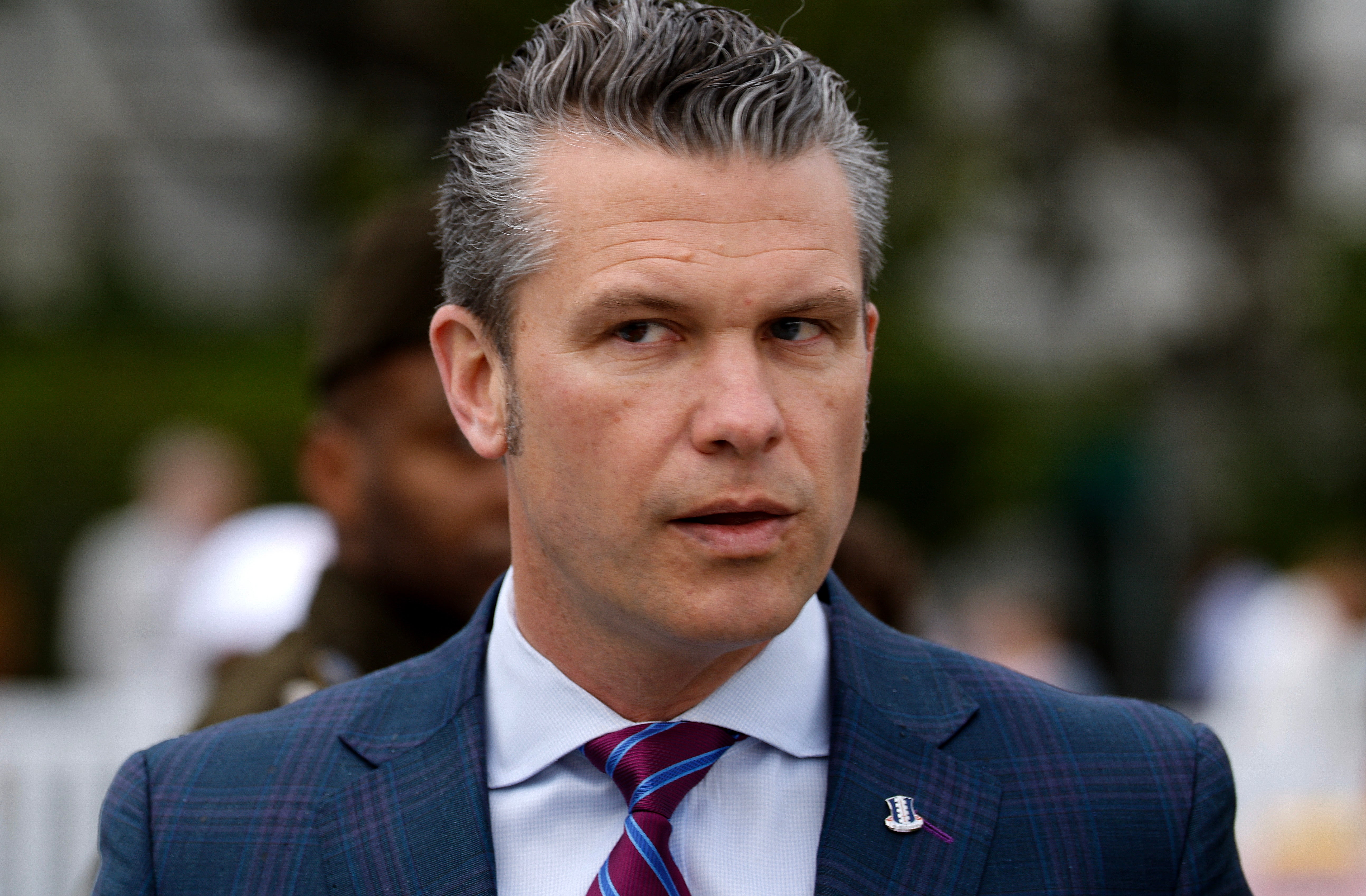
As of now, neither Hegseth nor the Department of Defense has issued a statement in response to the report. It is unclear whether Princeton University will take any formal action. While many universities retain the authority to revoke degrees in cases of proven academic fraud, such measures are rare and typically reserved for the most egregious violations.
Nonetheless, academic integrity remains a core value at institutions like Princeton, and the public scrutiny surrounding the case may pressure the university to conduct its own internal review.
The Princetonian’s report follows growing calls for transparency and accountability among public officials who boast Ivy League credentials but may not have met the rigorous standards expected of those degrees. The story also feeds into a broader national conversation about merit, privilege, and fairness in American education, particularly as elite institutions continue to face criticism over legacy admissions and lack of socioeconomic diversity.
Whether the revelations about Hegseth’s thesis lead to further consequences remains to be seen. But for now, the case has opened yet another line of controversy around a polarizing figure in American politics. For students at Princeton, it raises uncomfortable questions about what their academic standards mean when alumni in positions of power may have violated them.
And for Hegseth himself, the accusations are likely to follow him—adding to a long list of controversies in a career marked by sharp rhetoric, partisan loyalty, and now, questionable scholarship.

